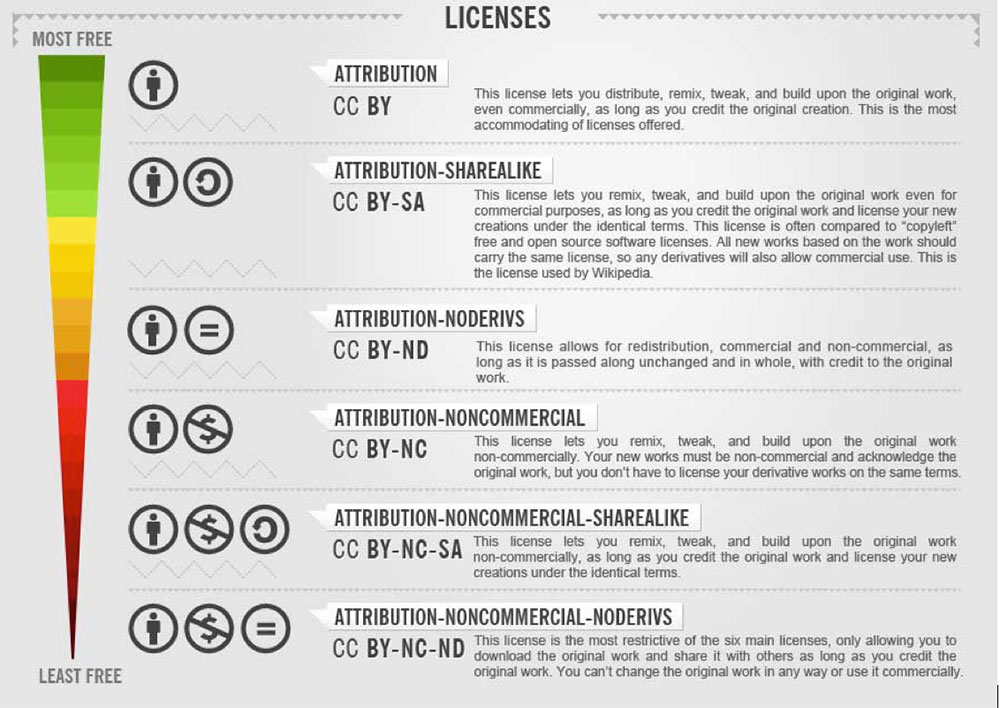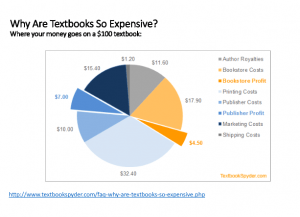Posts Tagged ‘OER Open Learning Resources’
storytelling tools
K12 Technology
a survey conducted by nonprofit organization Project Tomorrow.

https://edtechmagazine.com/k12/article/2019/01/state-k-12-it-survey-highlights-cloud-technology-and-security-infographic
Eighty percent of K–12 districts are using cloud-based software to improve everything
With the incorporation of cloud-based tools, K–12 schools are starting to consider more effective privacy and security measures, such as identity access management and managed cloud services from third-party vendors that can take responsibility for overseeing security.
ed videos
Five Good Alternatives to YouTube for Finding Educational Videos https://t.co/BrKUw5Q4d1
— Richard Byrne (@rmbyrne) May 19, 2019
Even if you use the search refinement tools in YouTube, it can be a challenge to find a clip that is appropriate for your students.
writing and publishing
Writing is an Art; Publishing is a Business
Peter DeHaan
https://www.linkedin.com/pulse/writing-art-publishing-business-peter-dehaan/
https://www.authorpeterdehaan.com/publishing/writing-is-art-and-business/
Many writers also struggle with the business side of their art. And while I am closer to connecting the two, my struggle is no less real.
+++++++++++++
more on OER in this IMS blog
https://blog.stcloudstate.edu/ims?s=oer
OER more proof needed
Open Educational Resources: What We Don’t Know
MLPP community of interest
https://umn.webex.com/umn/j.php?MTID=m27d6b04af0ba722e317240b8a68a6e3d
Minitex. Pressbooks stats: started Oct. 2017 books 120 to 454 and users 162 to
Google Analytics, top books by hits through Google Analytics.
Shane Nacherud, Kendall Larson, Ruth Dukelow, Laurie Probst, Anne Hatinen,
IngraSpark print and ebook publishing service
Adobe Acrobat Pro and Illustrator – final cover production
Canva.com – graphic design for covers
Pressbook – web based platform for book creation
Digital Commons / Digital Repository
create copyright page. custom cover.
Minnesota Library Publishing Project
MnState OER webinar
Open Textbook Webinar — a 90-minute online meeting to learn about open textbooks.
Peer review of open textbooks is a critical component of assessing quality and supporting faculty looking for resources to use in their own classes. After the workshop, you’ll be eligible to earn a $200 stipend if you provide a short review of an open textbook from the OpenTextbook Library. Reviews are due 6-8 weeks following the workshop.
To prepare for the webinar, please take a few minutes and visit the Open Textbook Library (http://open.umn.edu/opentextbooks/). Glance through the Open Textbook Library and look for textbooks in your discipline that may be appropriate for you to review. In order to receive the $200 stipend, you must 1) participate in the webinar and 2) complete a textbook review. (Please note: There may not be texts available for review in your areas of expertise.)
When: Wednesday, November 14, 2018; 2:30 pm – 4:00 pm
Note that additional Open Textbook Webinars are scheduled throughout the academic year. Please contact Karen Pikula, OER Faculty Development Coordinator, at Karen.Pikula@minnstate.edu if you cannot attend the meeting on Monday.
How: Join the webinar through Adobe Connect
My notes:
3 models of creating textbooks: 1. write a book on their own 2. commercial model 3. Funder
Creative Common and copyright.

CC licenses free to: copy, share, edit, mix, keep, use
reviewing a textbook in the OER. Edit a book in OER
Digital Accessibility ebooks
Digital Accessibility as a Business Practice
Professional Web Accessibility Auditing Made Easy
=+++++++++++++++
more on UDL in this IMS blog
https://blog.stcloudstate.edu/ims?s=universal+design
